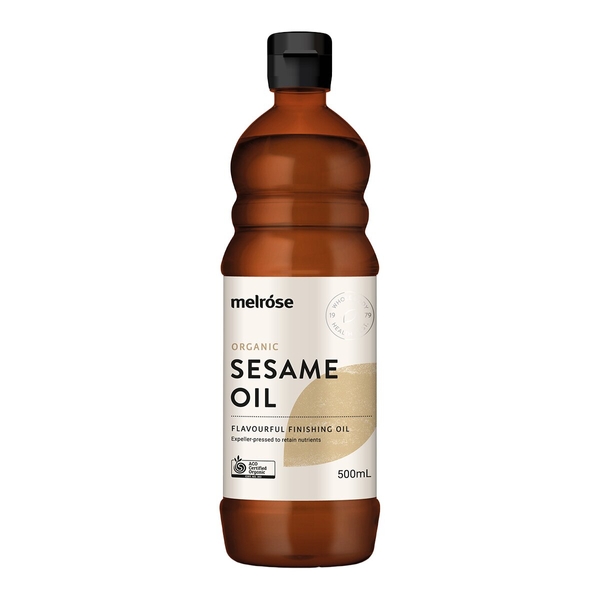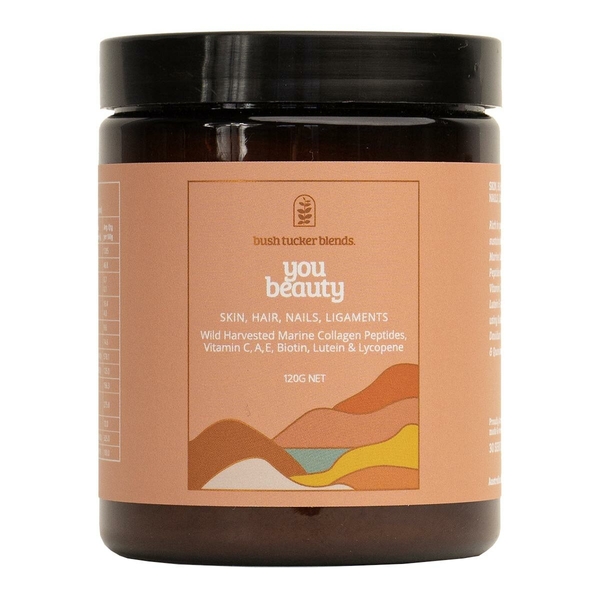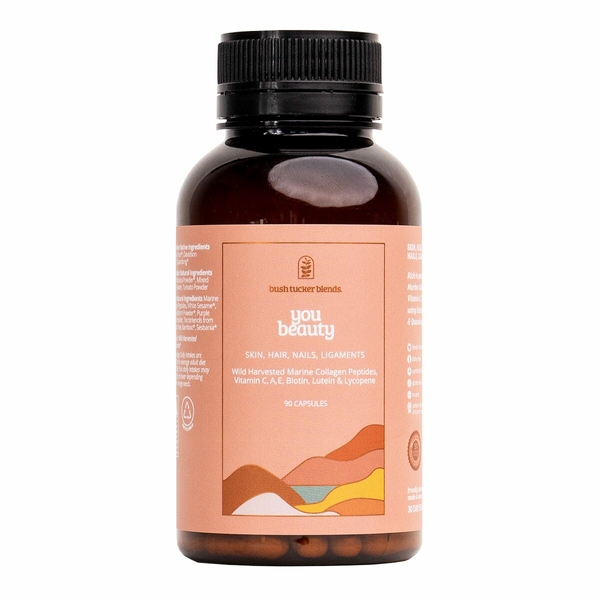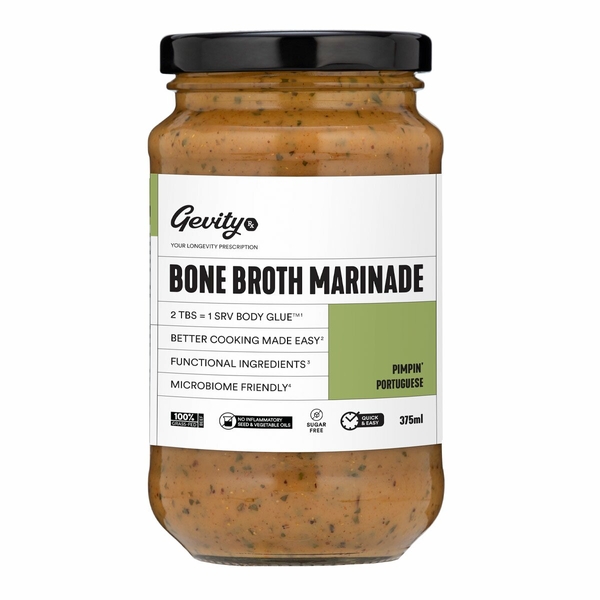
Background
Sesame contains chemicals that might help reduce swelling, increase wound healing, and slow how fast sugar is absorbed from food. Sesame seeds are also rich sources of protein, vitamins, and antioxidants.
People use sesame oil for high blood pressure. It is also used for cough, diabetes, high cholesterol, heart disease, and many other conditions, but there is no good scientific evidence to support these uses.
As of 2021, sesame is considered a major food allergen in the US. Sesame contents must be labeled on all packaged foods after January 2023.
Safety Safety definitions
When applied to the skin: Sesame oil is possibly safe. Sesame might cause allergic reactions in some people.
When sprayed into the nose: Sesame oil is possibly safe when used short-term. Sesame oil can cause nasal dripping and blockage when used as a nasal spray.
Special Precautions & Warnings:
Pregnancy and breast-feeding: There isn't enough reliable information to know if sesame is safe to use as medicine when pregnant or breast-feeding. Stay on the safe side and stick to food amounts.Children: Sesame oil is possibly safe when taken by mouth as a medicine, short-term.
A gastric obstruction called benign anastomotic stricture: Sesame seeds contain a lot of fiber. This might increase the risk of bowel obstruction in people with this condition.
Surgery: Sesame might affect blood sugar levels, making blood sugar control difficult during and after surgery. Stop using sesame in medicinal amounts at least 2 weeks before a scheduled surgery.
Effectiveness
- High blood pressure. Taking sesame oil by mouth seems to slightly reduce blood pressure in people with and without high blood pressure.
- Cough. Taking sesame oil by mouth doesn't reduce coughing in children with a common cold.
Dosing & administration
As medicine, sesame oil has most often been used by adults in doses of up to 35 grams by mouth daily for 6-12 weeks. Sesame oil has also been applied to the skin. Speak with a healthcare provider to find out what type of product and dose might be best for a specific condition.
Interactions with pharmaceuticals
Medications changed by the liver (Cytochrome P450 2C9 (CYP2C9) substrates)
Interaction Rating=Moderate Be cautious with this combination.
Some medications are changed and broken down by the liver. Sesame might change how quickly the liver breaks down these medications. This could change the effects and side effects of these medications.
Medications for diabetes (Antidiabetes drugs)
Interaction Rating=Moderate Be cautious with this combination.
Sesame oil might lower blood sugar levels. Taking sesame oil along with diabetes medications might cause blood sugar to drop too low. Monitor your blood sugar closely.
Medications for high blood pressure (Antihypertensive drugs)
Interaction Rating=Moderate Be cautious with this combination.
Sesame oil might lower blood pressure. Taking sesame oil along with medications that lower blood pressure might cause blood pressure to go too low. Monitor your blood pressure closely.
Medications moved by pumps in cells (P-glycoprotein substrates)
Interaction Rating=Minor Be watchful with this combination.
Some medications are moved in and out of cells by pumps. Sesame might change how these pumps work and change how much medication stays in the body. In some cases, this might change the effects and side effects of a medication.
Tamoxifen (Nolvadex)
Interaction Rating=Moderate Be cautious with this combination.
Sesame seed might reduce the effects of tamoxifen. People using tamoxifen should avoid taking sesame in amounts greater than those in food.
Interactions with herbs & supplements
Herbs and supplements that might lower blood sugar: Sesame oil might lower blood sugar. Taking it with other supplements with similar effects might lower blood sugar too much. Examples of supplements with this effect include aloe, bitter melon, cassia cinnamon, chromium, and prickly pear cactus.
Interactions with foods
Products
View all products- Sesamum indicum (Sesame)
- Terminalia ferdinandiana
- Davidson plum powder
- Marine collagen peptides
- Hippophae rhamnoides powder
- Green banana
- Berry flavour
- Lycopersicon esculentum powder
- Daucus carota powder
- Bambusa arundinacea
- Sesbania sp.
- Tocotrienols (Vitamin E)
- Santalum acuminatum
- Sesamum indicum (Sesame)
- Terminalia ferdinandiana
- Davidson plum powder
- Marine collagen peptides
- Santalum acuminatum
- Green banana
- Berry flavour
- Lycopersicon esculentum
- Hippophae rhamnoides powder
- Daucus carota powder
- Bambusa arundinacea
- Sesbania sp.
- Tocotrienols (Vitamin E)








